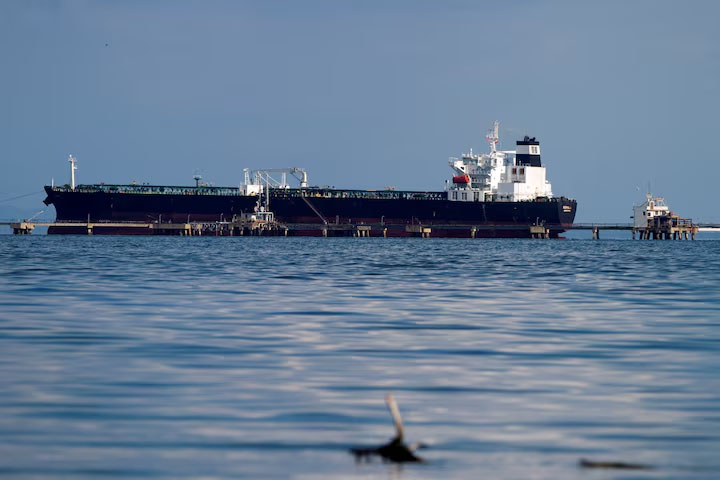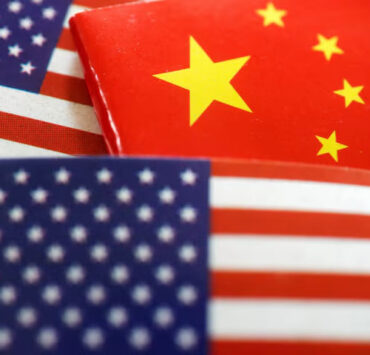Washington raises pressure on Venezuela oil buyers

WASHINGTON/HOUSTON — A US plan to slap tariffs on countries buying sanctioned Venezuelan oil marks an unprecedented, and potentially potent, mixture of punitive economic measures against a geopolitical foe that Washington could replicate against other countries like Russia and Iran, analysts said.
The US has maintained sanctions on all three countries for years to hobble their energy revenues, but Washington has tended to enforce sanctions using designations that isolate people or companies that break them from the US financial system.
On Monday night, President Donald Trump broke with that tradition, signing an executive order authorizing his administration to impose blanket 25-percent tariffs under the 1977 International Emergency Economic Powers Act on imports from any country that buys Venezuelan crude oil and liquid fuels.
Analysts said there are at least two benefits to using tariffs, instead of targeted designations, as the penalty for violating sanctions. Tariffs deliver pain across a country’s entire economy and they are simpler to enact than designations.
“Use of IEEPA to immediately implement broad and sweeping tariffs without any process or procedure remains an unprecedented but potentially extremely powerful weapon in Trump’s trade and foreign policy arsenal,” said Glenn Schwartz, director of energy policy service at consultancy Rapidan Energy.
“Assuming it withstands litigation, I can see this becoming an attractive option for the Trump administration to exert pressure on US adversaries in addition to traditional sanctions,” said Fernando Ferreira, director of Rapidan’s geopolitical risk service.
“Enforcement could be easier than traditional sanctions, as you only need to monitor country-level dynamics, and we all know where the barrels are going.”
Enforcement problems
Yet others say enforcement may pose some hurdles. Exporters facing US sanctions have had years of practice masking shipments using a variety of tactics. In Venezuela, which first faced US energy sanctions in 2019, intermediaries have disguised the country of origin of cargoes bound for China, transferring oil at sea and switching off vessel transponders. Such an approach could complicate enforcement.
Both Venezuela and China slammed the US announcement.
“With this new action, the United States flagrantly violates international trade rules,” Venezuela’s government said in a release on Monday, citing provisions that prohibit discrimination between trading partners.
Washington “has long abused illegal, unilateral sanctions and so-called long-arm jurisdiction to grossly interfere in the internal affairs of other countries,” said Guo Jiakun, spokesperson at the Chinese foreign ministry, on Tuesday.
The US State Department did not immediately comment.
Reuters, the news and media division of Thomson Reuters, is the world’s largest multimedia news provider, reaching billions of people worldwide every day. Reuters provides business, financial, national and international news to professionals via desktop terminals, the world's media organizations, industry events and directly to consumers.





















